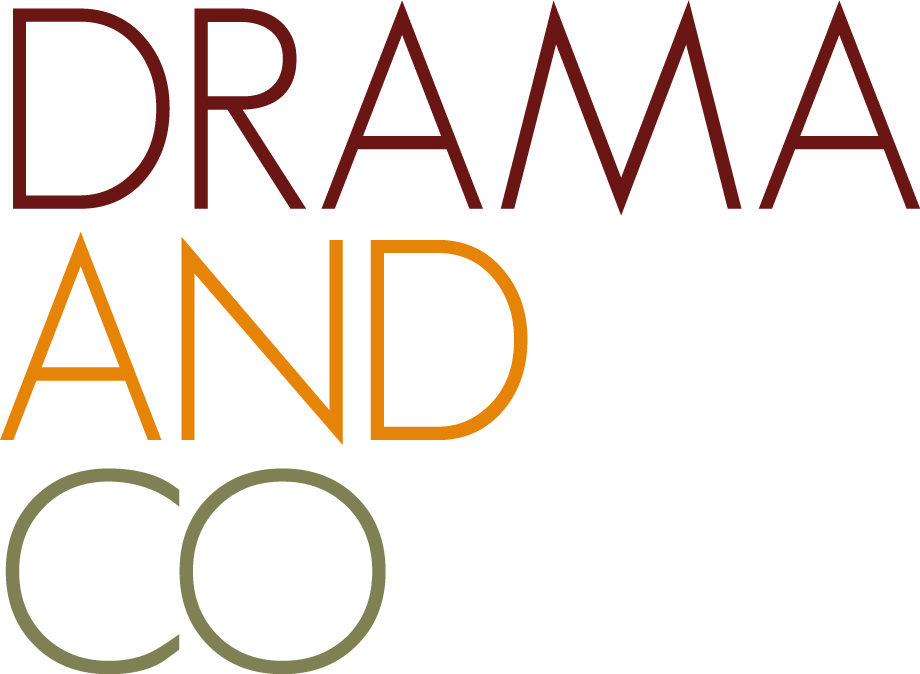As the light changes and the spring appears to approach, our thoughts turn to the pace of change in this new year. In education colleagues continue to struggle with the impact of a raft of changes to assessment, curriculum and inspection. The advent of the Common Inspection Framework, the latest iteration to the Ofsted framework has brought with it opportunities to plan and teach in a way which suits the needs of all learners. Emphasis in evaluation criteria on the performance information used by colleagues in schools and colleges to assess the pace of progress of learners ‘over time’ enables leaders to rethink the way in which they implement formative assessment and feedback systems. If the true measure of progress is enhanced self confidence and self esteem the role of the arts in a fully rounded school curriculum must surely have a raised profile.
Listening to some of the mediatised rhetoric of the last few weeks you wouldn’t think so.
Despite the many contradictions inherent in a system which stresses freedoms in governance at the same time as increasing centralisation in policy making and accountability measurement, curriculum design really is in the hands of freethinking leaders. With newly accredited specifications in Drama, Music and Dance due to reach offices at the end of this year there is both enhanced challenge and increased credibility in demanding schemes of summative assessment. Young people embarking on one of the new programmes of study in Drama from September 2016 will find themselves engaging in a study of theatre history, deconstructing theatrical text in order to make sense of themes, ideas and images for a contemporary audience and applying highly developed skills of analysis and evaluation to the work of professional theatre makers.
These new specifications represent a real opportunity to innovate in the Drama departments of schools and colleges across a range of communities. What better way to make a case for arts education than to showcase the talents of young people who have worked their way towards the top grades. With associated gains in communication skills, team work, independent research and development, analysis and scholarship, the young people who succeed in arts subjects will be amongst some of the most employable, entrepreneurial and dynamic of their generation. Maybe it’s time to embrace not just a new letter but a new alphabet – the free market, post modern, Academised student from Generation A might well teach austerity politicians a thing or too about added value.



